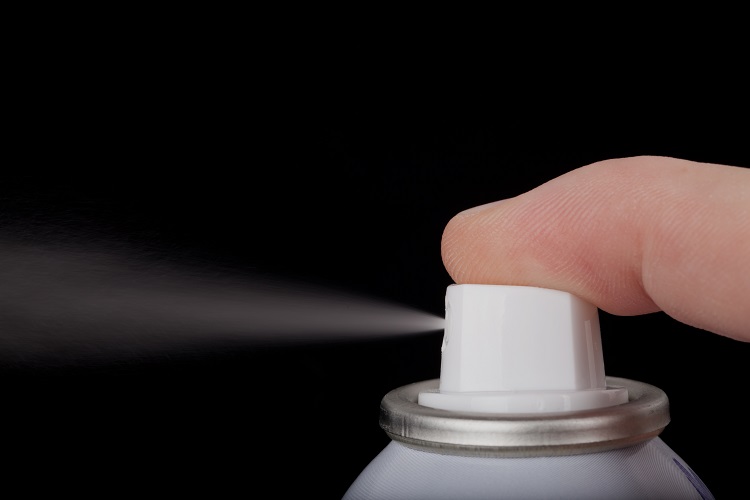Across the globe, the industrial cleaning solutions industry literally produces thousands of different aerosol solvent degreaser solutions for general cleaning. However, as one would expect, the efficacy of the cleaners varies widely. The safeness of the cleaners for humans and the environment also differs considerably. With these things in mind, below are six important questions to ask before you purchase an aerosol solvent degreaser for general cleaning.
- Does the solution contain ingredients that the EPA considers hazardous?
- If the EPA determines that a solvent contains hazardous ingredients, there is a good chance that the solvent will eventually become unusable in large quantities due to the EPA regulating the ingredients. Here is a helpful point of reference for chemicals the EPA considers hazardous.
- Has the solution been officially regulated in any capacity, at any level?
- The EPA isn’t the only organization that establishes usage parameters for ingredients in cleaning solvents. State and municipal organizations also define usage limitations. If your state or municipality regulates the solvent you plan to implement, you may need a different product.
- Is the solution suitable to apply to the materials that needed to be cleaned?
- If you need an aerosol degreaser for general cleaning, you probably require a product that can be applied to a broad range of materials, from rubber, to plastic, to metal. Before you purchase a cleaner, ensure that its formulation is safe for the materials that you need to clean.
- What is the precise flashpoint for the solution, or is it non-flammable?
- The flashpoint of a solvent is the temperature at which it ignites. In addition to defining how a cleaner can be used, flashpoint also impacts how the cleaner must be stored. For general cleaning operations, choosing an aerosol solvent degreaser that has no flashpoint is ideal.
- Is the solution also available for purchase in a non-aerosol form?
- Because there may come a time when you need to use your aerosol solvent degreaser in non-aerosol form, it’s a good idea to buy it from a company that supplies the solution in non-aerosol form, as well. This will help you avoid the hassle of finding a different supplier.
- Does the manufacturer plan to produce the solution for the foreseeable future?
- The last thing you want is to purchase an aerosol solvent degreaser from a supplier that is in the process of dropping the solution from its inventory. When the solution is no longer available from the manufacturer, you will be back to square one, searching for a suitable aerosol degreaser.
How Ecolink Can Help
When companies and organizations choose an aerosol solvent degreaser for general cleaning, they need a solution they can depend on using for the foreseeable future. They also need a cleaner that has a good safety profile for humans and the environment. Ecolink specializes in supplying cleaners that meet these requirements.
For assistance choosing an aerosol solvent degreaser that meets your general cleaning requirements, call us today at (800) 563-1305 to schedule a free evaluation of your needs, or use our contact page. We look forward to supplying you with an aerosol degreaser that has the usage parameters and physical properties you need in a solvent for general cleaning.















